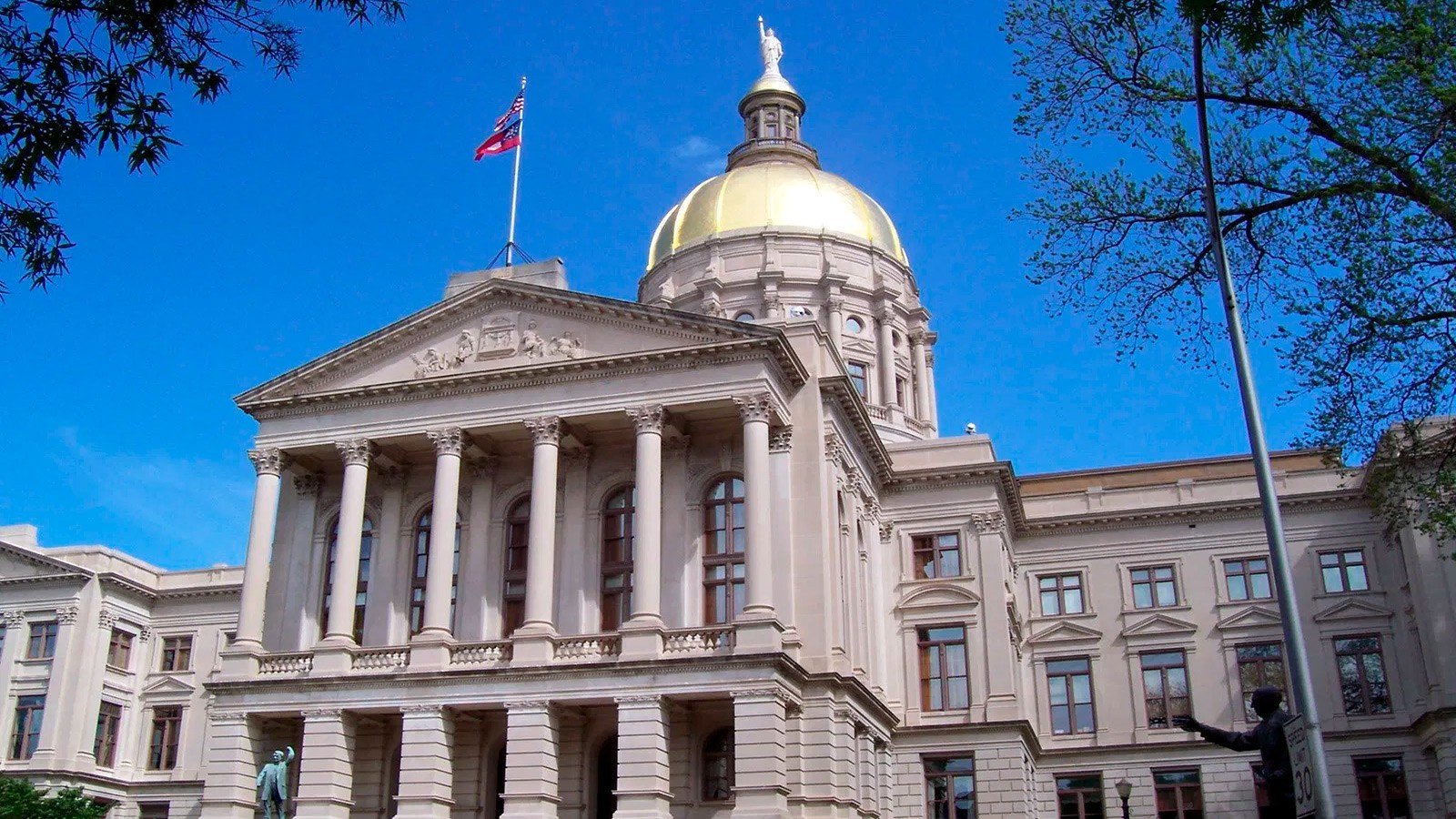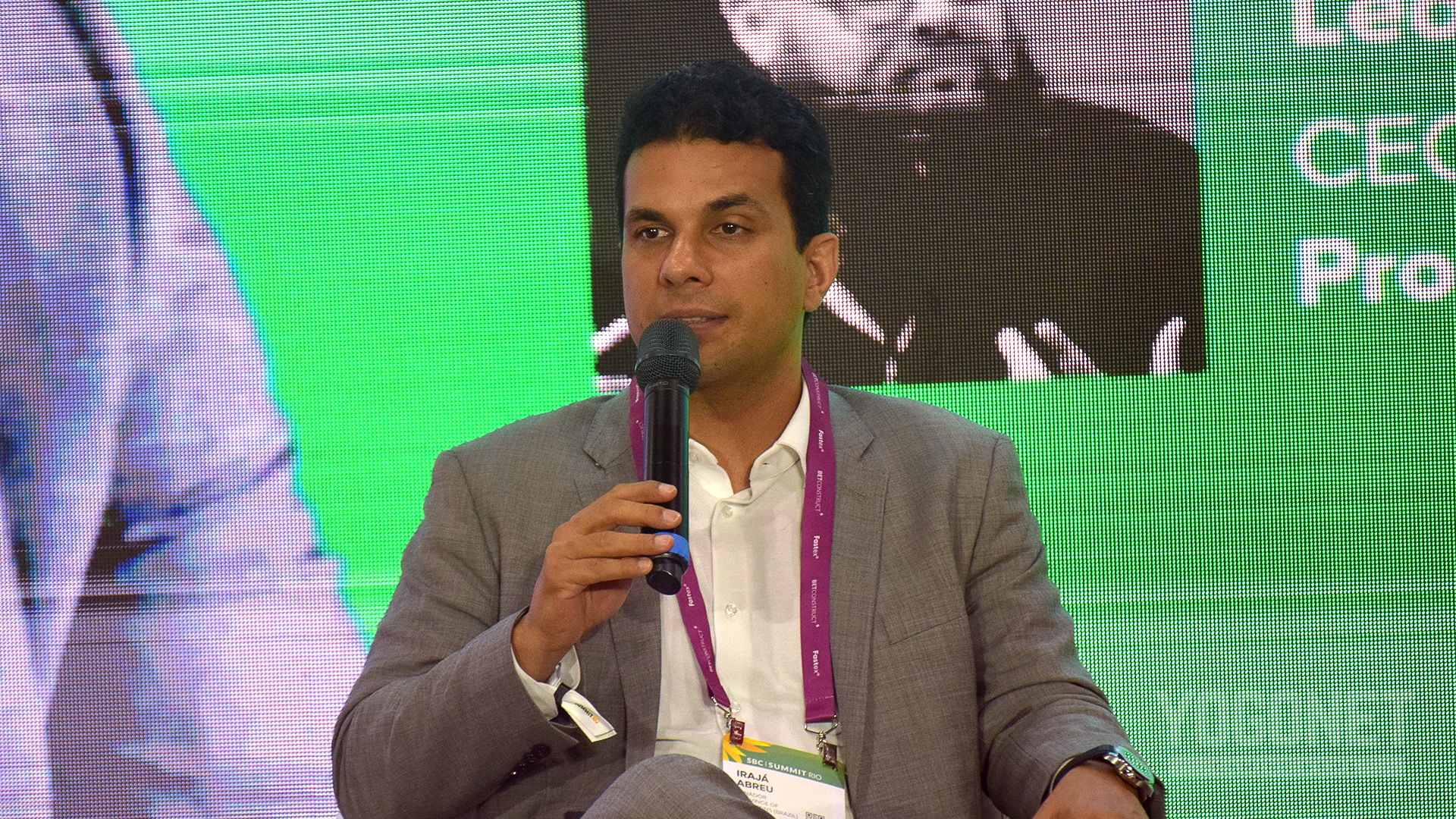Seminole Tribe weighs in on lawsuit against its new sports betting compact with Florida

The Seminole Tribe of Florida filed documents in the U.S. District Court in Washington on Tuesday, with the intention of intervening in a lawsuit filed August 16 by Florida pari-mutuel facilities against the U.S. Department of Interior’s decision to approve the tribe’s new 30-year, multibillion-dollar gambling compact with the State of Florida.
The federal case in Washington, D.C. was brought by Magic City Casino and Bonita Springs Poker Room, both being pari-mutuel facilities affiliated with West Flagler Associates.
Those parties filed a case in the U.S. District Court in Tallahassee on July 2 against Governor Ron DeSantis and Department of Business and Professional Regulatory Secretary Julie Imanuel Brown.
That case demands an injunction to prevent those two from implementing gambling laws adopted in May. These allow the Seminole Tribe to unilaterally decide which -if any- pari-mutuels it will partner with in future sports betting operations off tribal lands.
But Florida’s pari-mutuel facilities, which are the venues where gambling occurs along with live events such as horse races and jai-alai games, want in on the lucrative sports betting market, and they do not want the Tribe to have a monopoly.
On August 16, the pari-mutuels sued the U.S. Interior Secretary Deb Haaland, asking the federal court in Washington, D.C. to vacate her approval of the compact, arguing that it violates the federal Indian Gaming Regulatory Act by allowing the tribe to conduct gambling off tribal lands, particularly mobile sports betting.
The compact was approved specifically by Bryan Newland, newly appointed to the top post in the Interior Department’s Bureau of Indian Affairs. Technically, Newland declined to affirmatively approve the compact but deliberately allowed it to take effect by default at the end of the requisite 45-day review period.
Newland, then an unconfirmed nominee to his post, wrote extensively that despite allowing the compact to move forward, he had “concerns” about key provisions of the compact.
To outright reject the compact, which is worth $2.5 billion to the State of Florida in just the first five years, may have drawn the ire of the Seminole Tribe, Republican Governor DeSantis and other powerful interests.
The day after he announced the compact could proceed, Newland was confirmed to his post by the U.S. Senate, with support from both of Florida’s Republican senators, Marco Rubio and Rick Scott.
















































